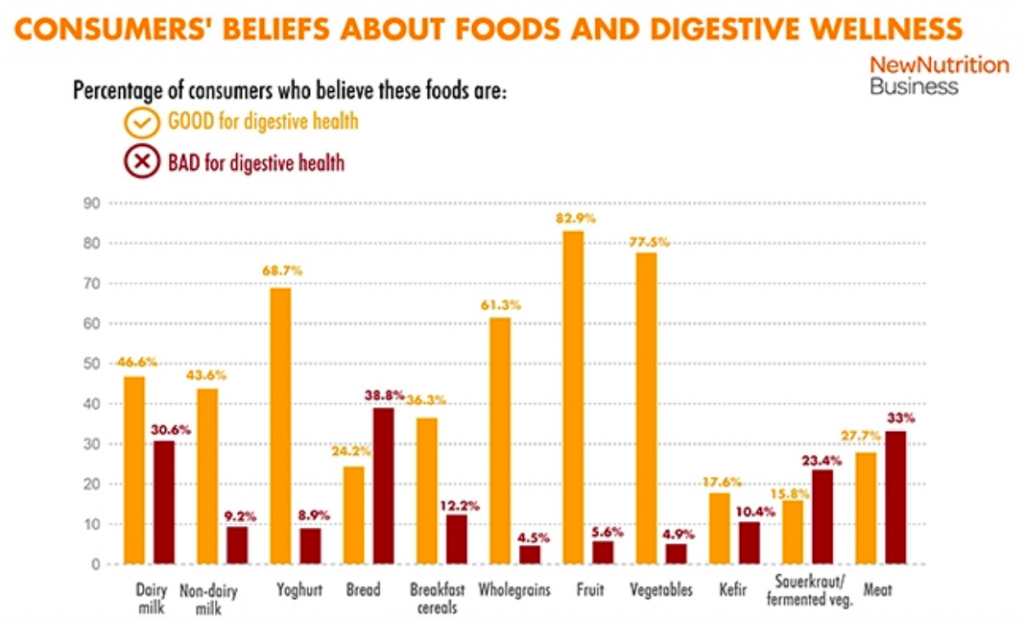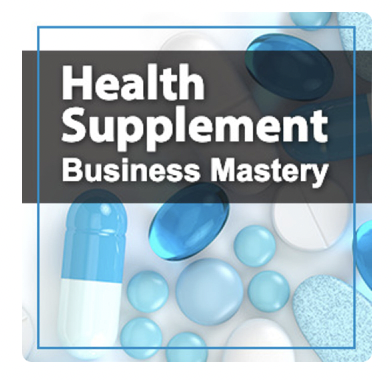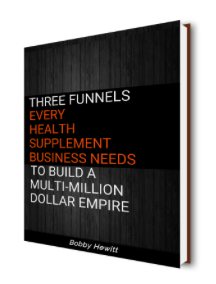People buy dietary supplements differently than they do any other product. One area of difference has to do with belief…
Belief is a personal attitude towards true or false desires. Our desires shape our actions and our decision to buy or not to buy.
We buy a bottle of supplements because we desire two things. First we desire a solution to our problem. Second we desire there to be hope for a solution. In short, we want there to be a solution out there.
Which ties into the unique mechanism. A unique mechanism, is the thing within your product, that delivers the results to your prospect. It is the reason why your product works.
All of this ties back to belief.
And the best way to tap into belief is to look at the marketplace and talk to your prospects.
The way we talk to prospects is by conducting one on one interviews with them that last 45 minutes to an hour.
These are paid interviews, since that’s a lot of time to ask of someone for free.
They are recorded, transcribed and finally converted into a timeline of events, decisions and belief points. Each of which map out the buyers decision process and buying journey.
Here’s an example:

The key is to understand their existing beliefs within your product category.
Remember, people make supplement buying decisions because their beliefs are driven by their desires.
The job of the health marketer is to tap into that existing belief system by understanding the prospects desire as well as their self story.
Because, in addition to buying a solution, health supplement buyers are also reassuring their inner belief of health. This is a key distinctive piece of the health buying decision that does not exist when buying any other product.
In order to sell your dietary supplement, you need to answer what do they need to believe about themselves?
This is where prospect and customer interviews play a huge role.
In several one on one interviews we conducted for a probiotic supplement client we uncovered a few key beliefs about digestion that we used in the sales copy.
One of which is that… eating healthy wasn’t doing enough.
One interviewee said…
“You can eat as healthy as you want, but sometimes your gut is already pretty depleted.”
~ Anonymous Customer Interview
Her gut health was taking a big toll on her, she was exhausted all the time.
She want’s to workout but she lacks the motivation to even start. That’s nothing new but the insight is that she believes that she has to do something to give her the energy to workout.
But she’s not sure what.
This is just one of the beliefs we tapped into for this client. This lead to the angle we used in the lead of the sales letter.
In addition to uncovering beliefs through one-on-one interviews, there are beliefs that exist in the marketplace. And you can access these beliefs without interviewing anyone…
What do they already believe?
A survey conducted by NewNutrition around what people believe about foods and digestive wellness uncovered which foods people believe are good for digestive health and which are bad.

Knowing which foods people believe are good and bad can easily be used in several different ways.
One of which is your marketing hook.
A marketing hook is an idea that is interesting, enough to jolt the visitor. Done well, it draws them into your marketing by tapping into their already existing desire and beliefs.
One example can be seen in Dr. Gundry’s food hook used in a gut health video sales letter.
The sales hook starts out with Dr. Gundry saying…
The right foods….
But the wrong ones…
This taps into the belief in the marketplace, that already exists. The belief lies in the question from the NewNutrition survey, points out.
Which foods are good for digestion and which are bad.
Tapping into this belief doesn’t even require knowing which foods. The hook teases and begs an answer, that can only be resolved if you continue to watch the video.
What do they need to believe about your product in order to buy?
Not only are there beliefs in the mind of your prospects about themselves and the marketplace but there are also beliefs about your product.
Each of these beliefs need to be addressed in order to convert into a sale.
The product level beliefs are around the functional level of the product or mechanism of action.
They MUST believe that…
…it works (and it will work for them)
…it’s safe
…it has the missing piece, the unique mechanism, that is the reason why it works when all the past solutions they tried failed.
The key is to start with researching the markets core beliefs and fully understanding them before any optimization can begin.
Understanding what beliefs exist in the marketplace is the first step to aligning desire with a buying decision.
This is why belief is such a key part of our dietary supplement buying forces framework.
Belief acts as a pulling force for any decision. Including a buying decision.
Which is why tapping into your buyers beliefs is one of the biggest levers you have as a health marketer.
Without understanding your markets believes, you can’t build trust to increase sales of your natural health business.
Discover the 3 funnels that can help your health supplement business succeed.

Listen to the Health Supplement Business Mastery Podcast for for dietary supplement entrepreneurs and marketers.



